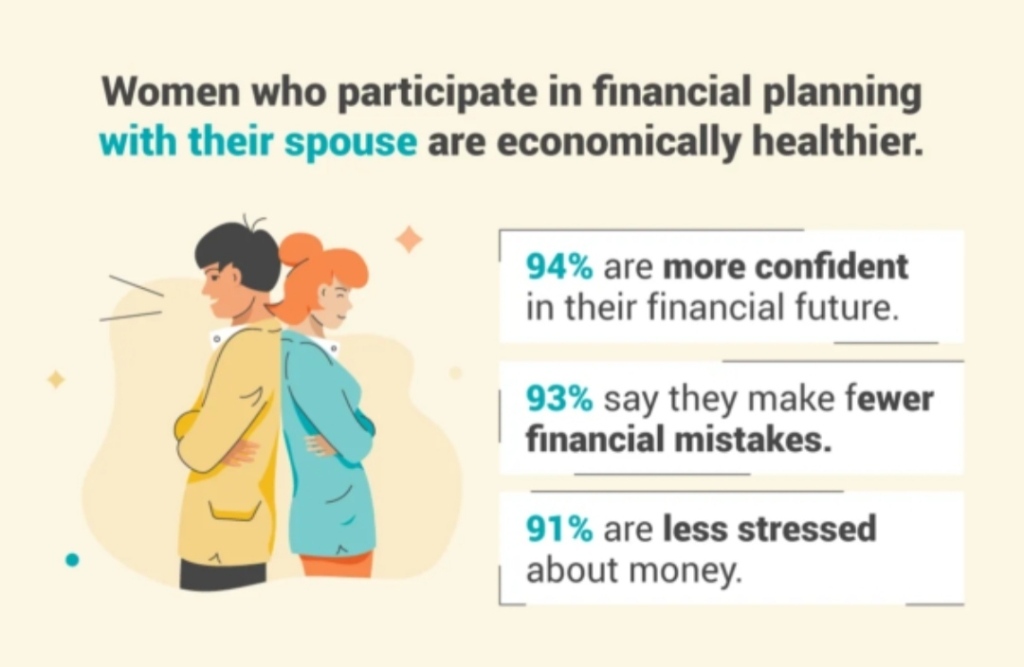Millennial parenting is one of the most challenging roles taken up by our generation. We have set high standards of life both for ourselves, as working parents and for our kids as well. We want to raise our kids by giving them the best of luxuries but at the same time we want to ensure that they are grounded and imbibe robust moral values that define them and their humane characteristics.
There are no second thoughts that both mother and father play separate roles in raising the kids. From my formative years, I can recall umpteen incidents of how my mother who donned the role of a house wife, taught us the basic life lessons of care by making me and my siblings as the caretakers for my old grandmother.

Fathers and their contribution to parenting has always been highly doubtful. It is therefore that many men fear fatherhood and its accompanied notions as a provider, somebody the family looks up to for need fulfillment. But there is definitely more to fatherhood than it meets the eye.
I recently lost my father and our grief found soothing refuge in stories and incidents from our childhood to adulthood, as my siblings and I firmly stand tall on our feet. My perspective on fatherhood is based a lot on how my father raised my sister, my brother and I without any difference.
A young growing teenage cousin of mine recently told me how she has started travelling to her college all by herself by boarding the Delhi metro. Her idea of independence was relatable enough. I was in class 7th when we finally got our first bicycle. As soon as I learnt how to ride without supporters, I was casually designated the work of buying biscuits and namkeens for guests who would visit unexpected. The joy of peddling and speeding a cycle for taking the clothes for ironing to the local press wale bhaiya was unmatched. It was obvious that by the time I was in class 12th I had graduated to a bigger cycle and I was using it for going to the tuition to any part of the city by throwing caution to the wind. It was to say the least instilling confidence and exposing us to the outside world.
In the year 2007, cabs were not even in the picture and one fine morning my father was at work and I needed to go watch a movie with friends. The only mall and Cineplex in town which was not very close to our house did not deter me. My father obviously after the discussion and debate around, “esi kya picture hai wo” (what is the big deal with that movie) guided me how to take a local bus and an auto and reach. As I look back as a parent, I am sure he had his apprehensions but with time and age he let us be. Parenting is about letting your kids free and independent but making sure you control the reins because I had to return home by 4 p.m.
I was in class 10th and my brother’s school fees needed to be paid. As usual mom was busy at home and my younger sister was at school. My father gave me those Rs.700 and asked me to do it and left for his office. With the social science book in one hand and money clutched to my heart I stood two hours in the school bank and paid the fees. Little did I know back then, that this was how he ingrained in me responsibility and trust. Ever since that work, the mundane bank work was solely on me and as a young perky teenager I was always up for it (without a cellphone to keep me entertained. Imagine!).

My father had his own ways of imparting life skills. He was not strict per say but we knew we had to turn off the television and sit with books every evening while he would return from work. He enforced the importance of studies as much as possible. It was our summer break, I must have been in class 8th and our neighbor kids, I and my sister decided to marry our bride doll to their groom doll. We secretly planned everything but as destiny had it, papa spotted the doll wear and cancelled everything. As much as we detested him then as we grew up we realized his intention was always to keep us away from gender specific games which in anyway could influence us. I could therefore relate when Pankaj Mishra’s character gave that aaloo paratha speech to his daughter in the movie, Gunjan Saxena. As a feminist father he pressed more on a progressive thought process.
This one is my favorite and maybe I have loved my dad most for this memory. Back in 2005, Harry Potter books were a rage. My siblings and I bought a small piggy-bank and started saving to buy and own the 5 books in the series. One afternoon he questioned us about the piggybank casually. Exactly an hour after we had detailed our little dream to him, we got to know that he was at “The Book Corner” a famous book shop in Meerut, ready to buy the sets for us. The next half of the day, we had all the five books in our hands, glee in our eyes and cheers in our hearts. Back in the days, when resources were limited, this instinctive and emotional spending would be considered a waste by many. But not by my father.

I can go on and on and pen down so many similar stories that define our special father daughter relationship but I know each one of us has such relatable heartwarming stories which make us value our parents even more. As my daughter grows I see many such traits in my husband and I hope both of us make her childhood days’ worth a beautiful memory she loves coming back to.




































